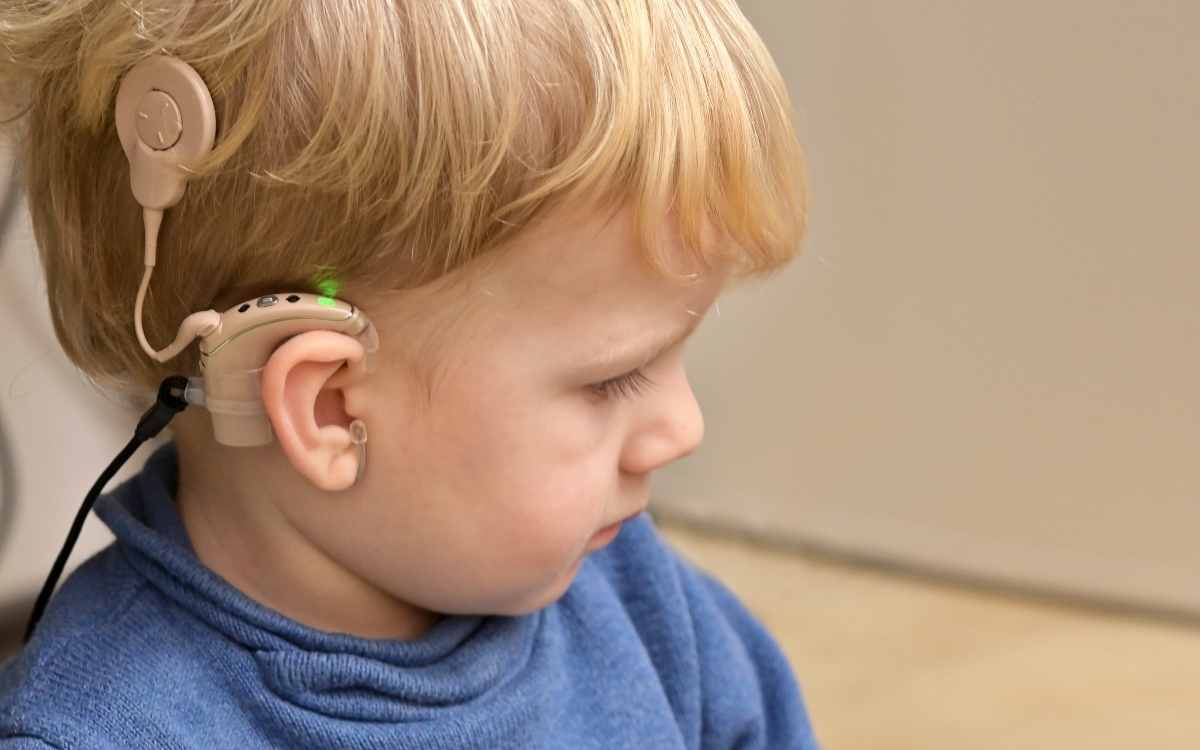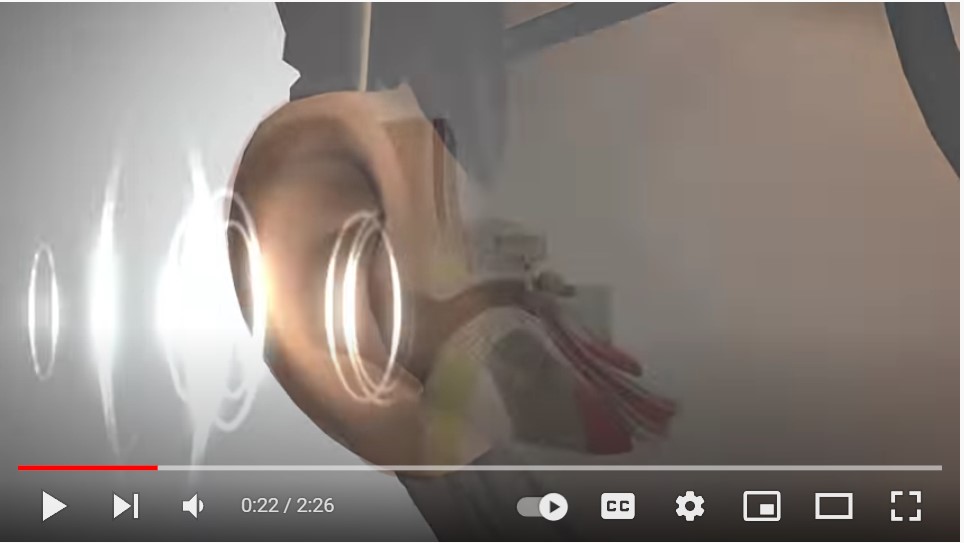How To Improve Hearing Loss Due To Nerve Damage.
Did you know that hearing loss is often the result of nerve damage? Approximately 2.4 million Americans have this type of hearing loss, which can happen in one or both ears.
This blog post will discuss treatment options for nerve-related hearing loss and why it’s important to get help as soon as possible.
The most common way to treat nerve-related deafness is with cochlear implants, which are surgically implanted devices that connect directly to the auditory nerve via electrodes placed just under the skin behind the ear.
These devices allow people who have lost their ability to hear due to damaged nerves to regain some level of sound perception (though not always perfect).
Unfortunately, many individuals don’t seek treatment until their condition has progressed past a point where a cochlear implant can help.
People who suffer from nerve-related deafness should consider calling their doctor or an audiologist as soon as the diagnosis is made, especially if the medication seems to be losing effectiveness. The earlier treatment begins, the better chance people have of regaining some degree of hearing.
The symptoms of nerve damage-related deafness can be gradual and take months or years to become apparent.
Common symptoms include
• Difficulty understanding speech in noisy environments like cocktail parties, restaurants, and other crowded places. This is because background noise interferes with the ability to distinguish between different sounds. Nerve deafness individuals usually have more difficulty distinguishing between similar sounds, which makes it very difficult to follow a conversation in complex listening environments.
• Difficulty hearing the sound of high-pitched voices or children’s voices, even when they raise their voices. This is because people with nerve deafness have a hard time distinguishing higher-pitched sounds from lower ones. This can make it difficult to hear people’s voices over other environmental noise.
• People with nerve damage-related deafness may find they’re not able to hear sounds such as doorbells, alarms, and even the sound of their own voice. They might think others or family members are mumbling when talking or that car horns and sirens are sounding from someplace close.
• Problems with balance can be a symptom as well as hearing loss, as some nerves that affect balance are the same ones that control how we hear. Nerve deafness individuals often have a difficult time staying balanced and may have to grab onto something to stand still or walk without tripping over their own feet.
The symptoms of nerve damage-related deafness can be gradual and take months or years to become apparent.
How to improve hearing loss due to nerve damage naturally:
The good news is that people don’t have to resign themselves to living with nerve-related hearing loss.
There are things you can do to improve your condition naturally when it comes to nerve damage.
If you’re suffering from this type of hearing loss, there’s no reason not to try these proven supplements for healthy nerves and better hearing:
• Magnesium is essential for healthy nerve function. It can be an effective treatment for people who have suffered hearing loss due to peripheral neuropathy, and it’s particularly helpful in cases where the damage has been caused by diabetes (a condition affecting 20.8 million Americans.) Magnesium supplements are also great at fighting stress, which is great because so many nerve-related hearing problems are the result of stress. Magnesium can also help you sleep better at night, and getting enough rest ensures that your nerves will be healthier, especially after a vicious cycle of waking up all hours of the night due to tinnitus (ringing in the ears.)
• B vitamins are of particular importance to nerve health. Your body can’t produce its own B vitamins, which are therefore considered “essential” nutrients. The best B vitamin supplements include all eight essential B vitamins, including thiamin (B1), riboflavin (B2), niacin (B3), pantothenic acid (B5), pyridoxine (B6), biotin, folic acid and cobalamin (B12), as well as a few others. To improve your nerve function and reduce the symptoms you’re experiencing from peripheral neuropathy, it’s best to take a blend of all eight B vitamins instead of taking a single one. The recommended dose is usually around 25-100 mg of each vitamin per day, and it’s also best to take them with food (since many vitamins can cause stomach upset when taken on an empty stomach.)
• Vitamin D deficiency is common in people who have nerve damage or neuropathy, and that can make their symptoms worse. Taking vitamin D regularly can help your nerves heal more quickly, which can have a dramatic impact on relieving nerve-related hearing problems. You may need to take higher doses of vitamin D than are recommended for treating deficiency in order to get these benefits.
• MSM is short for methylsulfonylmethane, and it’s another helpful supplement for people suffering from nerve damage related to diabetes.
MSM is actually a sulfur compound that the body uses to create glutathione, an important antioxidant that helps keep your nerves healthy.
By supplementing with MSM, you can help speed up the natural healing process of your nerves while alleviating the day-to-day symptoms of neuropathy.
If you’re suffering from nerve damage-related hearing loss, there’s no reason not to try these supplements for healthy nerves and better hearing.
They’re completely natural, so they shouldn’t cause any side effects or make the pain worse, but you should talk to your doctor before trying any new supplements to make sure they’re safe for you.
The sooner you start taking them, the better results you’ll see in terms of improved nerve function and reduced symptoms of neuropathy including tinnitus.
Dealing with nerve-related hearing loss caused by diabetes can be frustrating, but there are things you can do to improve your condition naturally.
Start by talking with your doctor about taking these supplements for healthy nerves and better hearing.


